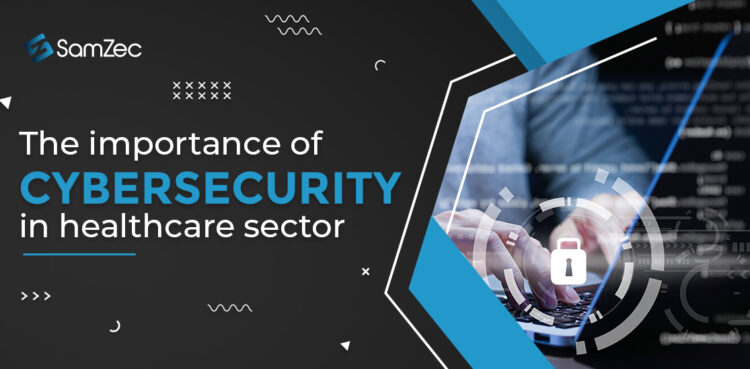With the rapid advancements in the healthcare industry and subsequent financial growth, the healthcare industry has been incessantly subject to cyber attacks more than ever. You can gauge the threat level from the fact that a nine-year successful hacking attempt resulted in data compromise of as much as 2.96 million patients – the company targeted by hackers was Dominion National’s server. As a matter of fact, the healthcare sector was second only to the government sector in the list of cyber-attacks Therefore, the need for foolproof cybersecurity has increased manifold.
There are some proven methods through which you can significantly increase cybersecurity networks.
Set up a Firewall
When it comes to the healthcare sector, the firewall remains your first line of defense. A firewall inspects traffic coming into the local server from the internet. After thorough analysis and scrutiny, the firewall decides which data should be allowed to pass through. Thus, a correctly configured firewall becomes a shield against malicious elements out there in the digital multiverse.
The importance of setting up and configuring firewalls increases manifold in the healthcare sector when you are using EHR (electronic health record) systems and these EHRs are connected to the internet.
Educate Employees on Security Practices
In the healthcare sector, it becomes of vital importance to educate your staff about the security practice and protocols. Responsibilities like updating medical records on EHR are highly sensitive tasks. And if due to a mistake of your staffer, a data breach occurs, you can face litigation. Therefore, it becomes of vital importance to not only educate but also train your staff regarding the security practices and protocols.
Always use Strong Passwords
Often looked upon, this is the point that one should always keep in mind. Weak passwords make your highly sensitive business and financial information vulnerable to theft and breaches. Therefore, always set strong passwords to keep unauthorized and malicious elements at bay.
The biggest characteristic of strong passwords is that they are usually lengthy and consist of both uppercase and lowercase letters. Further, they are accompanied by special characters and numbers.
Don’t forget to backup data
Unfortunately, small businesses like healthcare organizations (clinics) give importance to data backup when some sort of crash occurs; to be honest, data backups after the occurrence of a breach are of no use. If you are using EHR, always backup your data in regular intervals.
The data that needs to be backed up regularly includes (but is not limited to), payable accounts, resource files, payable accounts, financial records, and processing documents. As a matter of fact, you should back up anything and everything. Besides regular backups, you have to make sure that you have stored all the data in the safest places and only authorized people can access it.
Install System Anti-Virus
Installing a top-notch antivirus is always the key to secure your data. In the absence of a top-notch antivirus, your highly valuable data is at the risk of being stolen, destroyed, or taken over by malicious elements.
Poignantly, just like the password thing is overlooked, the same goes for the antivirus software. Small businesses including the healthcare sector often prefer to not implement the shield provided by software and as a result, their data integrity is compromised. So, irrespective of the size of your network, always install antivirus software.




















